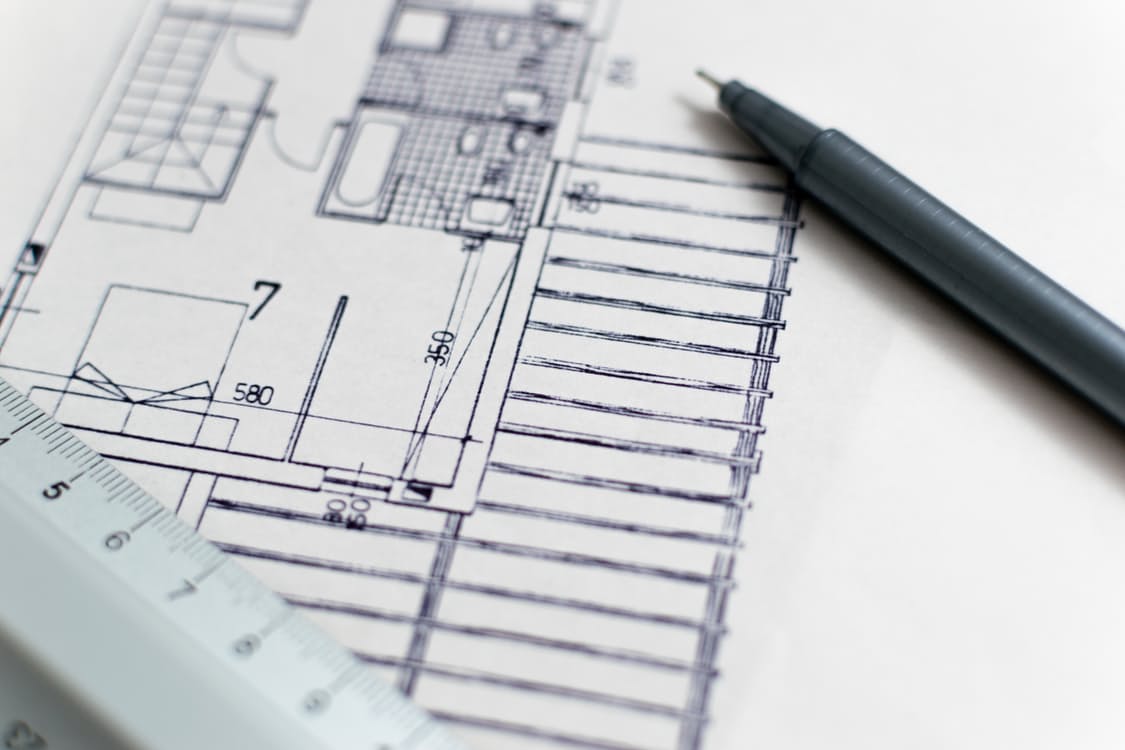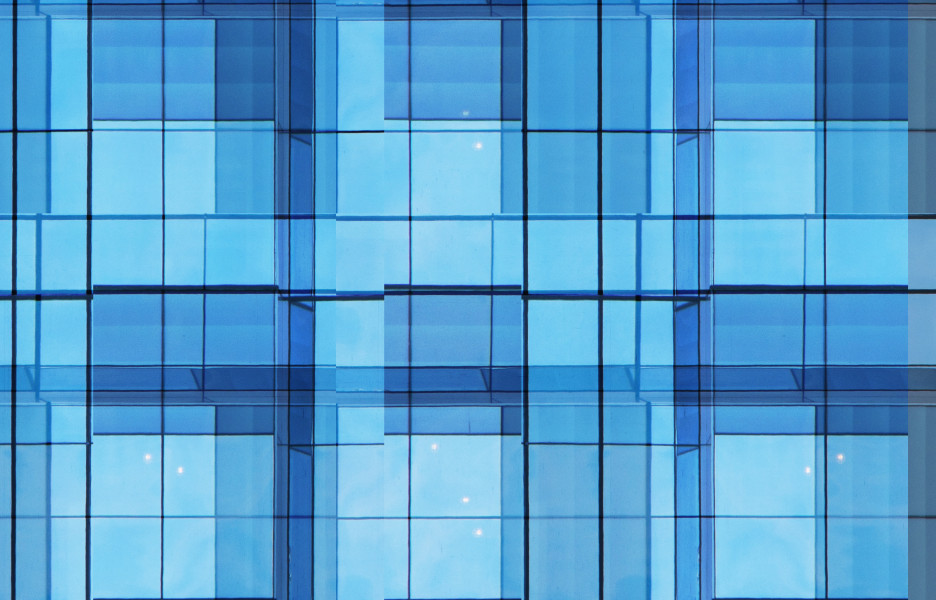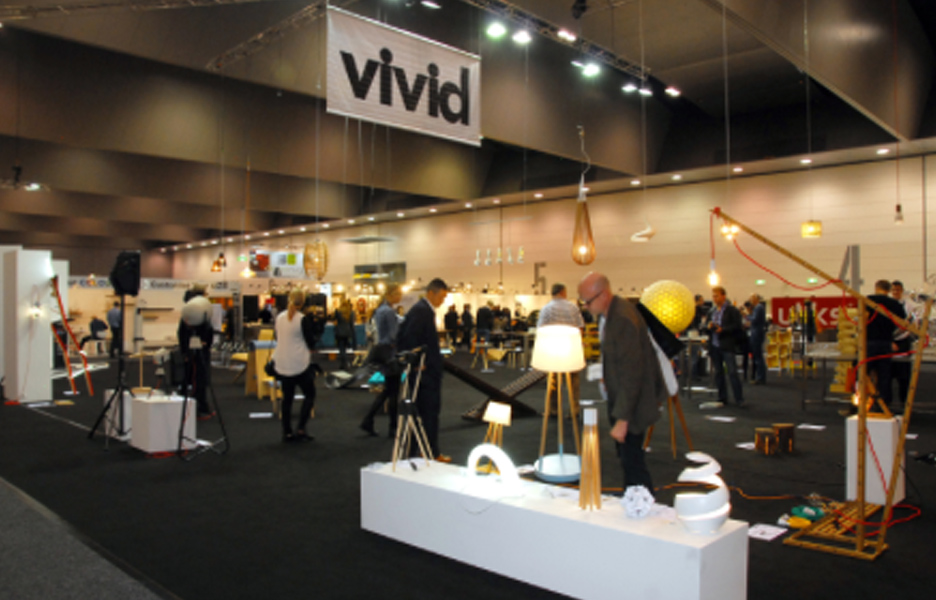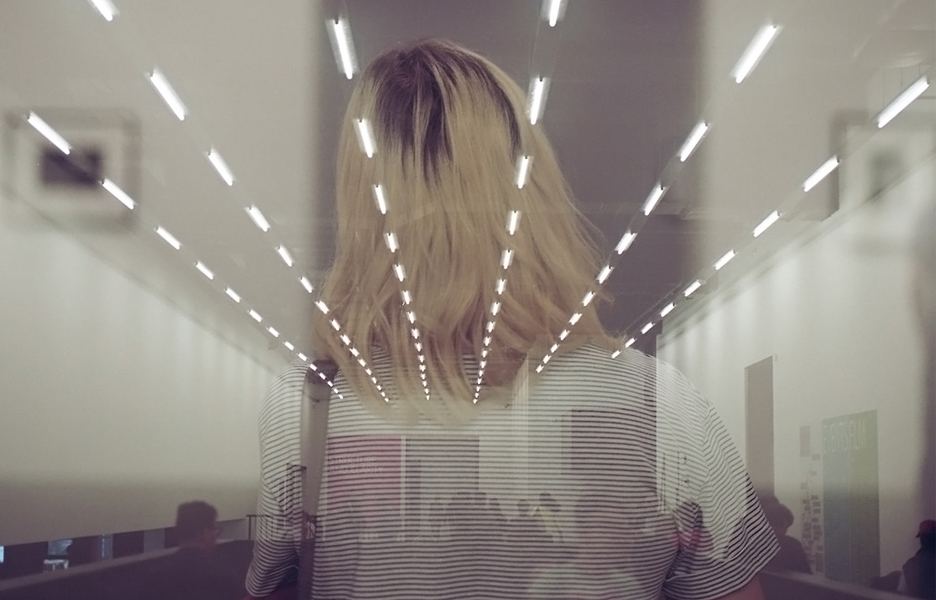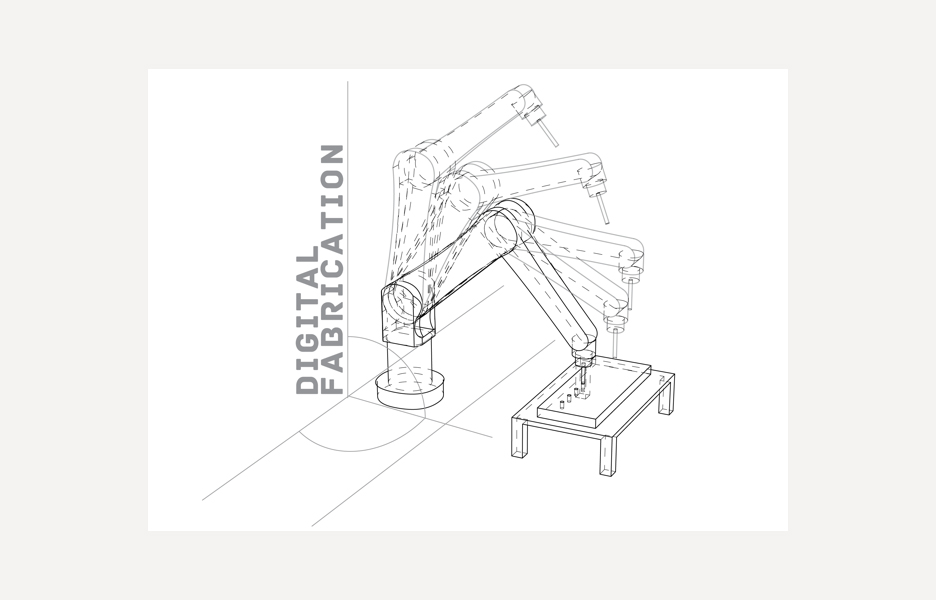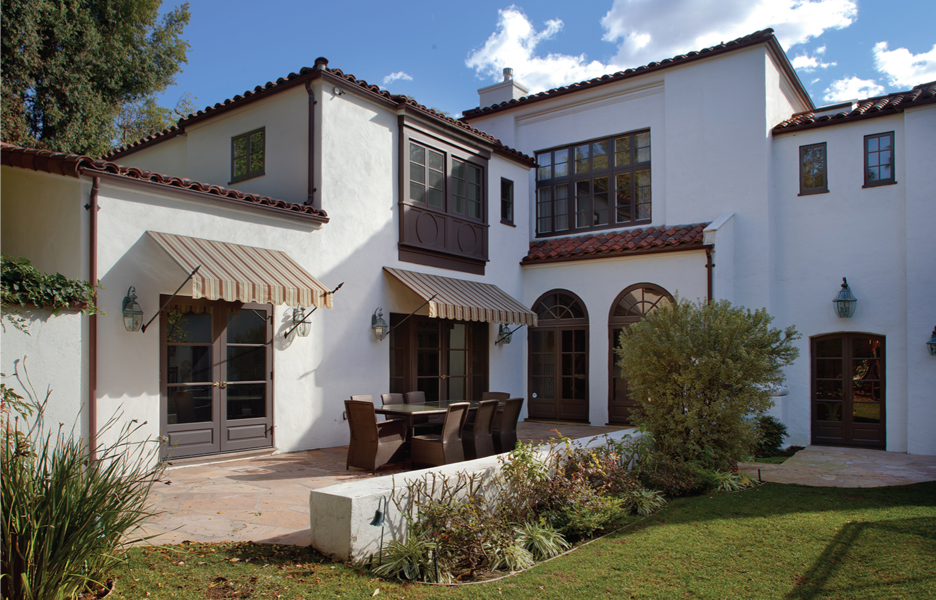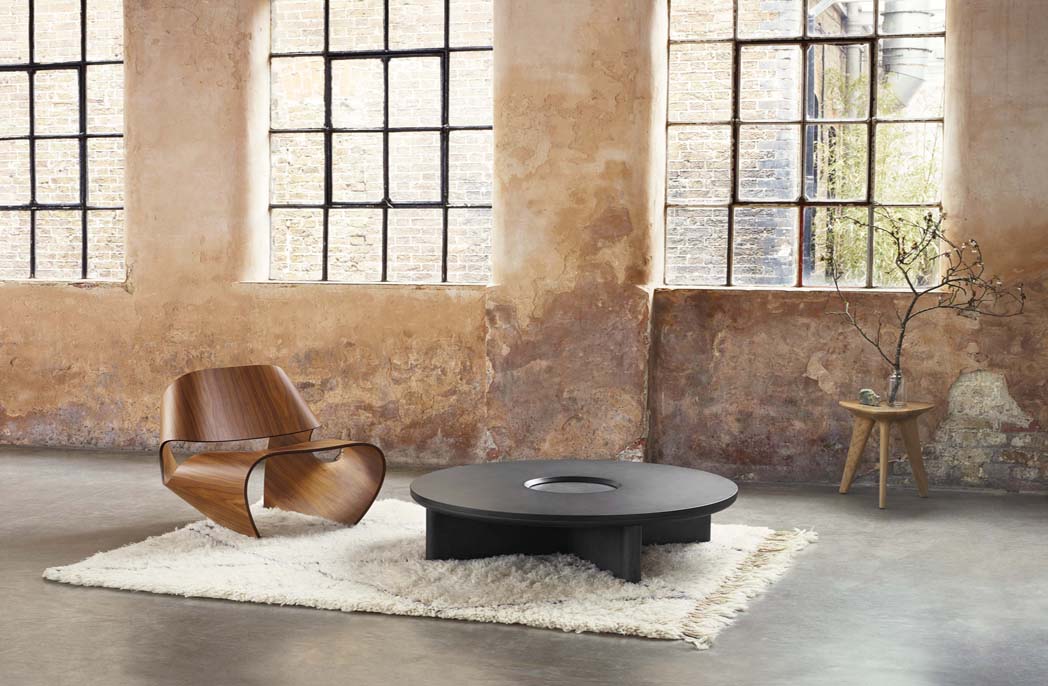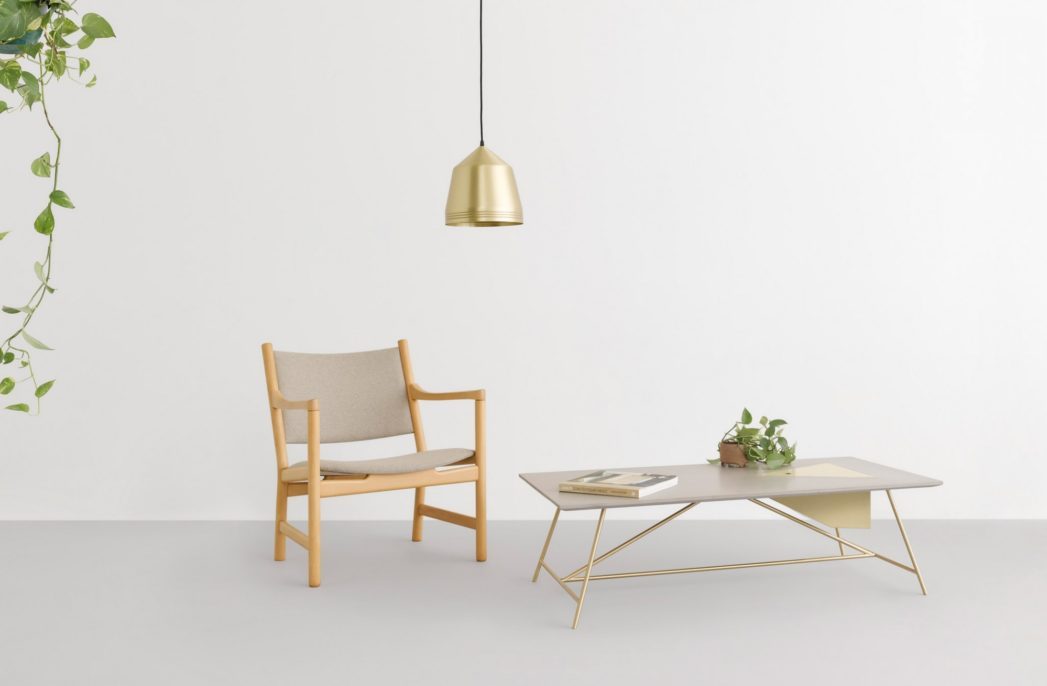
2023 ArchiTeam conference – strength in small practice
2023 ArchiTeam conference – strength in small practice
Share
The 2023 ArchiTeam conference is still in its early planning stage, but the trio of creative directors putting it together already have clear ideas of the way the day will unfold.
ArchiTeam is the membership cooperative for Australian architects working in small practices.
After the pandemic forced its 2021 conference to be held entirely online, the team behind the next iteration of this biennial event say they’re very happy that this one will be a face-to-face affair. Well, actually it will be a hybrid version, combining a physical gathering with an online opportunity, explains ArchiTeam board member and conference organiser, Delia Teschendorff. “The capacity for the venue is 215,” she says, “but we anticipate that many more will attend.”
The venue in question is the Melbourne Museum and the one-day conference has now been locked in for Friday 12 May 2023.
Teschendorff says she’s currently in her second year on the board, but her first as a creative director of the conference, a role she is sharing with fellow ‘newbies’, ArchiTeam members Adam Newman and Ross Brewin. Newman is on the 2022 ArchiTeam awards jury and Brewin performed the same role in 2021.
Having only started working on the conference in May, the team say that the planning is still in its early stages, with speakers and sessions yet to be scheduled.
What they have ascertained, however, is the overall format and tenor of the event. “The theme is ‘strength in small practice, ways of working’,” says Teschendorff, “because ArchiTeam is a cooperative and it has up to a thousand members. And all of those members are small practitioners. So we wanted to do a conference that really speaks to our membership and has a lot of relevance to them.”
The conference will explore the strength in small practice and ways of working, investigating the critical role that small practice has in shaping the built environment, from the smallest detail to the broader urban landscape.
A diverse range of speakers from across the continent will share their practice knowledge, experiences, business acumen and process, to reveal how they are working collaboratively, exploring different modes of practice and how they are tackling the big issues, such as societal and environmental challenges.
The current planning is to divide the day into three key sessions (with three or four speakers in each):
- Details
In the context of small architectural practice with a burgeoning focus on adaptation, resourcefulness, and reuse, how may architectural detail be considered? Can the essence of a project be drawn back to the relationships established in detail; the principles upon which the final built form is resolved?
How do architects focus on detail as a strategy of design exploration, development and resolution, relative to a prescribed project budget?
The theme explores the inherent capacity of small practitioners to focus on detail design – the elementary nature of material composition – as it relates to broader notions of architecture, landscape, culture and practice.
- Modes
What alternative modes of practice exist for a small practice looking for new opportunities, to channel particular passions and strengths, or perhaps unlock a more economically and creatively sustainable business model? This session will explore and highlight a diversity of ways in which practices have been structured and operate beyond the norms of small architectural practice. Speakers will reflect on their practice model and process, and the way in which they have framed their practice towards making a broader contribution to society.
- Teamwork
This theme explores different ways of collaborating and the value that small practice architects can bring to larger scale and crossdisciplinary projects. Speakers will share their insights into the collaborative experience on a range of project scales and types, including competitions, education precincts, cultural landscapes and mixed-use inner city projects, demonstrating how collaboration can provide new business opportunities for small practice and contribute to the richness in our cities, far beyond the built work itself.
Getting down to details
The speakers the organising team are approaching come from practices that have made a deliberate decision to stay small, while also getting actively involved in collaborations with large-scale practices on specific projects.
“One of the things that we find is a commonality among small practitioners is something of an obsession with detail,” explains Newman, “or at least a heavy exploration of detail, and how detail can inform the larger project generally. But also how they’re very much a reciprocal relationship. So it’s a context of small detail in the bigger picture.
“And the Details section would be an opportunity for the architects that are part of this sub theme to present a particular aspect of a project focusing on specific details and how they relate to the bigger context of that project generally.”
A level playing field
One thing the team is hoping to implement is the idea that, unlike many conferences where there is a keynote speaker and then a series of supporting speakers following, this speaker line-up will be less hierarchical.
“We actually are thinking of evenly matched speakers that talk to each of the themes – perhaps at different scales of operation, from the large city scale down to the fine detail scale,” says Brewin. “This would be as a way of giving a bit of an overview or insight into the different scales of operation that we work at as architects.”
Each speaking for the same amount of time, the speakers will then participate in a discussion facilitated by invited chairs with a particular specialisation or interest in the theme under the spotlight.
“We are a cooperative, and there is very much a community spirit with ArchiTeam,” adds Teschendorff. “So we felt this would be the best way to reflect those ideas.”
This is also why the team believes it’s important to have at least one ArchiTeam member contributing as a speaker in each session.
They are also keen to have more of a curatorial input into the speakers’ presentations than is often the case. “We don’t want to just invite people and say, ‘Right, show us your project’,” says Brewin. “We will actually give them a bit of a brief. For example, in the Details section, we may say to them, ‘OK present four details. You have 20 minutes to unpack your practice or method of working through the description of those four details.
“It’s the opposite of what usually happens, where speakers come in and show a range of really interesting, exciting buildings they’re doing, usually starting from the kind of hero shot and working their way in, without necessarily getting to the details. So we’re thinking perhaps we could flip that around and start with the detail and then end with the image of the building.”
Above all though, the conference will be targeted at ArchiTeam’s core membership – small to medium practitioners.
“We strongly feel that we want a conference that reflects the sort of philosophy of ArchiTeam itself. And we feel that our approach is very much in keeping with this idea of community and the cooperative. So we want that reflected in the way that the conference is actually structured,” says Teschendorff.
To get the latest information on the 2023 ArchiTeam Conference click here.
Top image: L-R Adam Newman, Delia Teschendorff, Ross Brewin. Photo by Ashwin Gunawardana
This article is from the forthcoming Architectural Review 171. Click here to subscribe.
You may also like:
Making the most of membership – ArchiTeam
Victorian Pride Centre takes out top prize at 2021 ArchiTeam Awards

